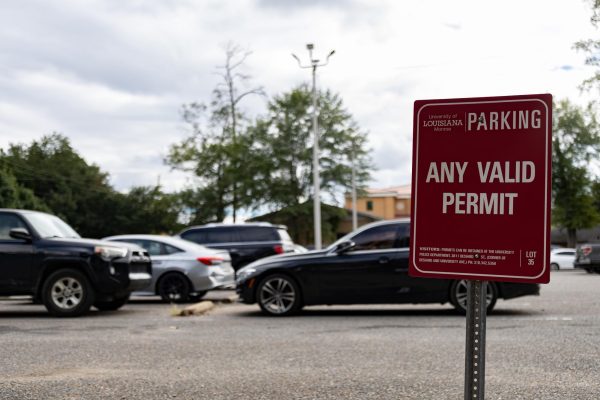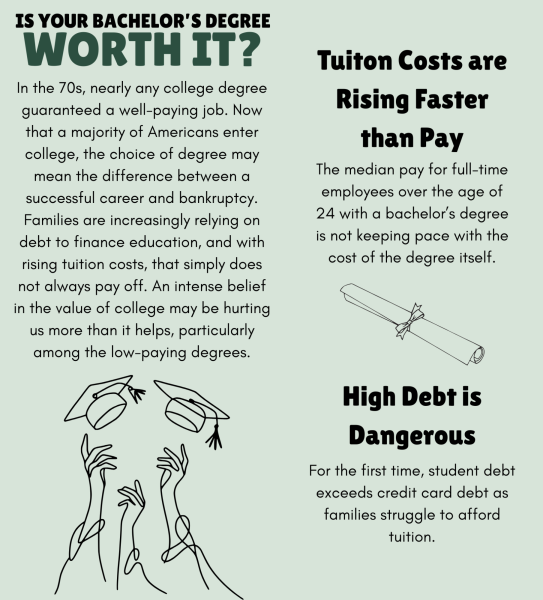Minority communities deserve reparations
If you do the crime, you do the time. In this case, you pay the price.
The United States has a long history of discriminating against people of color. From the arrival of colonizers in the New World to recent examples of police brutality, the U.S. government has committed countless atrocities against people of color. Now politicians across the country seek to rectify these past wrongs the only way they know how—with money.
Over the last week, San Francisco, California reignited the reparation debate by proposing a one-time payment of $5 million to descendants of enslaved Americans. The passage of the new bill would make San Francisco the fourth city to pay descendants of mistreated minorities, according to the New York Times. While the $5 million proposal seems outrageous, so does the idea of inequality in the 21st century.
The U.S. government must pay the price for the millions who have suffered because of their ethnic background or race. By paying reparations, the government will undo decades of injustices piece by piece. Reparations consist of payments to people of color such as Native Americans and African Americans whose ancestors have suffered under the U.S. government.
The impact of reparations extends past that of a monthly check. Reparations target the housing and education crises experienced by minority communities. According to CNN, this money has been used to create homeless shelters, fund minority-priority scholarships and renovate low-income housing.
Yet most Americans disagree, believing that money spent on reparations would be more useful elsewhere. According to PEW Research, only 30% of Americans believe the federal government should support minority communities through reparations.
This lack of support stems from the lack of clarity surrounding what qualifies as reparations. Most Americans see these payments as quick cash, not building blocks for minority communities. If politicians would promote the benefit reparations have had on minority communities, support for bills like San Francisco’s might grow.
No amount of money can replace the lives ruined by the U.S. government. However, instituting reparations would be a step in the right direction.





